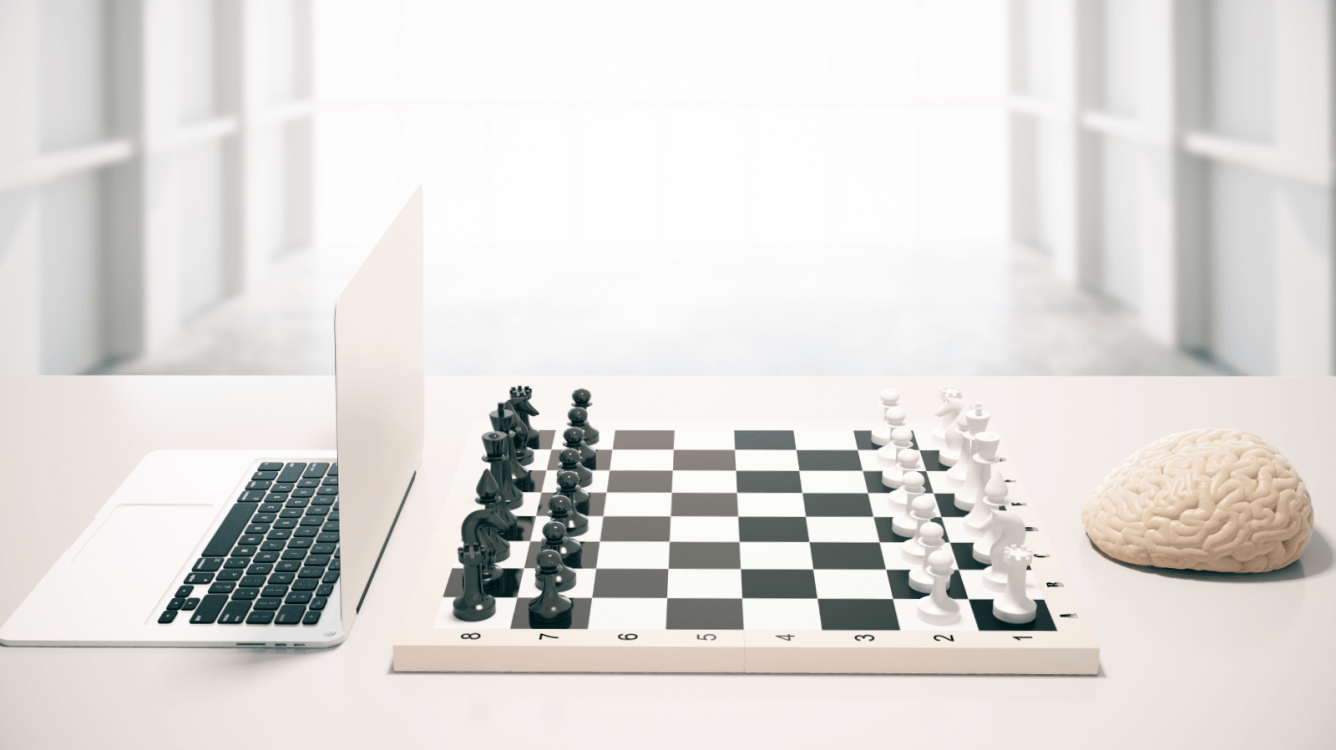
Preparing For OTB Chess With Chess.com
Over the past year and a half, chess competitions have been held almost exclusively online and the game has grown tremendously in popularity. With over-the-board (OTB) events returning, many players are wondering how they should prepare for playing with a physical board.
In this article, I'll use numbers to try to shed some light on that matter.
I have been researching chess improvement data for the past four years and have analyzed improvement metrics on over 400 ChessGoals survey respondents. For this article, I specifically looked at players who mentioned an OTB rating system as their main metric for chess improvement (66 players).
Here are my top tips for improving your OTB chess using Chess.com:
#1 - Have a Plan
Before we get to the data, the most important step to improvement is having a plan to get there. Doing so removes any guesswork and lets you focus on the process of improvement. There are many ways to formulate a plan, and you can even follow Chess.com's study plan directory.
I've also added a guide at the end of this article based on what I found out after analyzing the data for this article. Feel free to use it to give you the direction you need to improve!
#2 - Dedicate Time to Chess
It goes without saying that spending more time on chess will help with your performance. Here's a look at how many annual rating points the players I studied gained based on the hours per week they spent.
| Hours/Week | 12-Month Rating Gain |
| 0-3 | 16 |
| 3-13 | 54 |
| 13-16 | 187 |
| >16 | 116 |
Spending around two hours per day appears to be the sweet spot both in this data set and in the full data set of players looking to improve at online and OTB play.
I know it's not realistic for most players to have that much time to dedicate to chess. So let's focus on the percentage of time they spent studying and playing to help predict success.
#3 - Make Time For Play
Taking a look at the percentage of time spent playing versus studying, the players who performed the best tend to play 60% of the time and study 40% of the time. I like to give chess students a general rule to always aim for at least half of chess time being spent on playing games.
Here's the bottom line: it doesn't hurt much to spend 80-90% of the time playing, but studying 80-90% of the time will definitely slow down your progress.
While analyzing the data, I noticed a set of "ultra-gainers" who excelled at increasing their OTB ratings over the previous 12-month period. They gained, on average, 202 rating points in one year! Here's a pie chart of how they allocated their playing time:
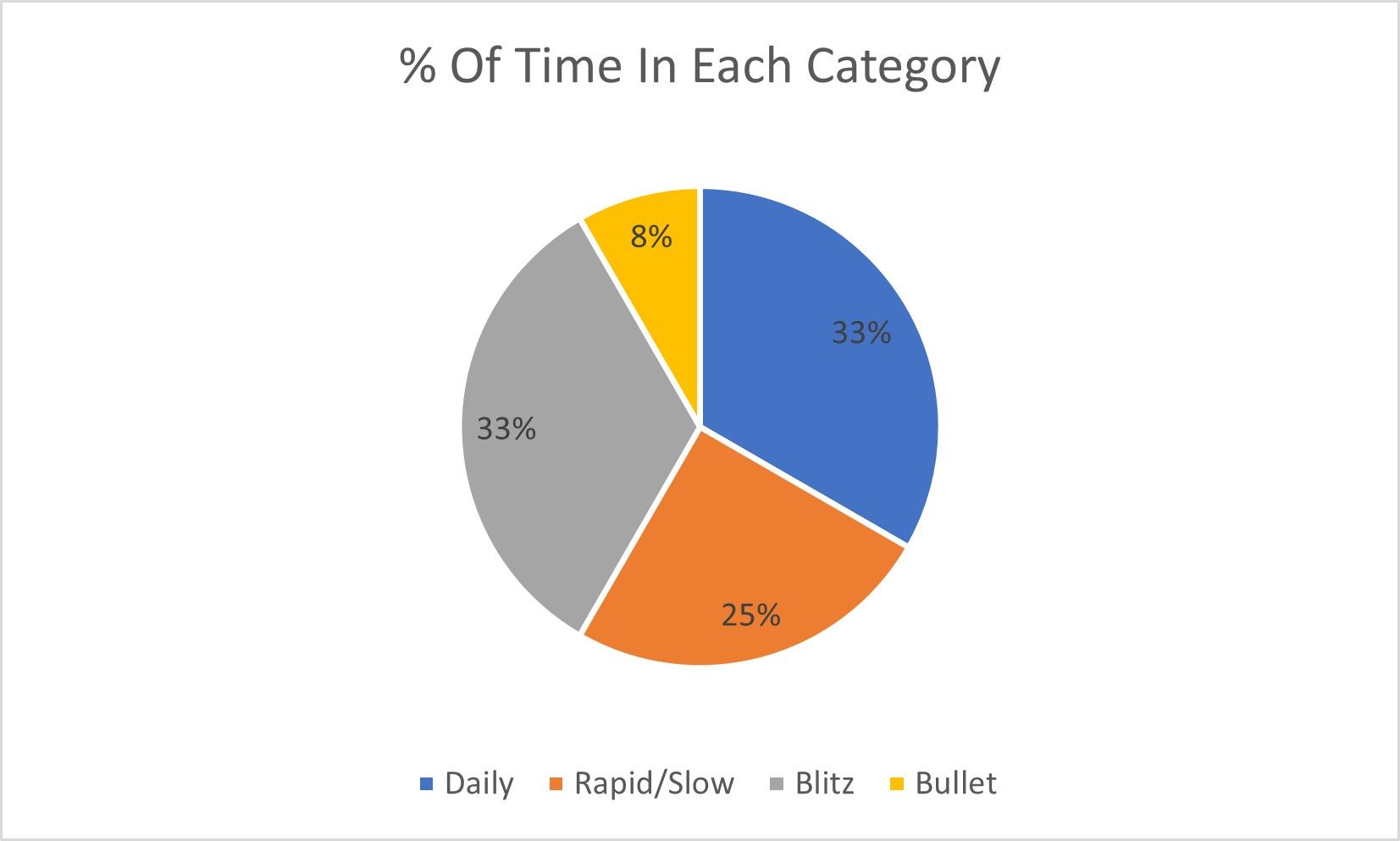
Ultra-gainers spend proportionally twice as much time on daily chess than the others. They also spent a bit less time on blitz and bullet, which suggests that favoring longer time controls could be beneficial.
#4 - "Chess is 99% Tactics"
We've all heard the famous quote stating that chess is 99% tactics. In fact, tactics are extremely important for chess improvement, especially when you have just started playing. As one's rating increases, the balance between tactics and strategy/endgames/openings will slowly shift toward the latter.
I'd recommend about 20% of total chess time spent on tactics for players looking to improve their OTB play. This should be an even split between deep calculation and intuition.
Fortunately, Chess.com makes this easy! Puzzles are perfect for working on calculation skills. You should work through the puzzles slowly to solve at least 80%+ correctly. The goal is to see all of the important variations so that you have the endurance to calculate long variations in OTB games.
Puzzle Rush can be used to balance the calculation training. Choose either 3-minute, 5-minute, or the popular Puzzle Battle to hone in on those intuition skills. Puzzle Rush also serves as a great warm-up prior to playing actual games. In my own experience, the fast intuition puzzles will quickly clear any cloudiness and get the brain ready to fire on all cylinders.
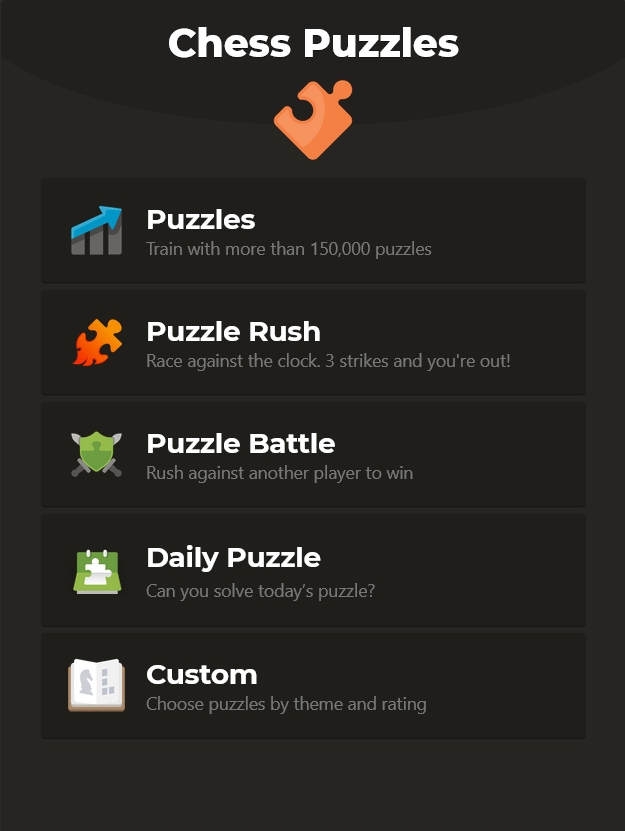
#5 - Analyze, Analyze, Analyze!
The bulk of chess improvement really comes from analyzing games. I wrote a detailed blog post about the art of game analysis on my website. To summarize it, the amount of time you spend analyzing should be proportionate to the time you spend playing games.
Chess.com's Game Report is an efficient tool to analyze your games. Without stumbling through variations on a physical board, or the need for a hired chess coach, you can become a master at analyzing games by using this tool.
In addition to analyzing your own games, analyzing master games with Chess.com lessons is another useful resource. Spending about 15% of your time with game analysis is ideal.
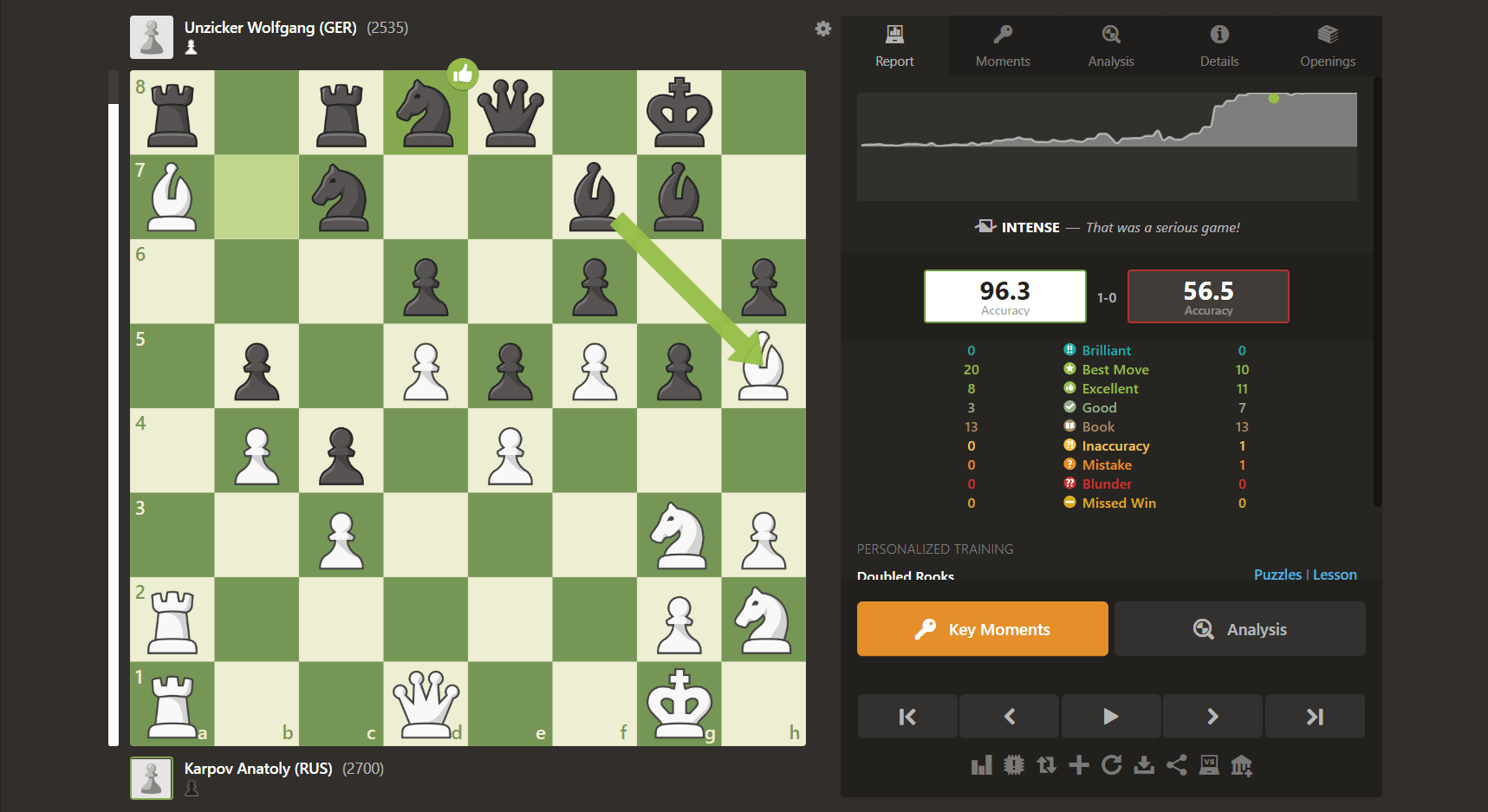
An easy way to balance game analysis with gameplay is to spend about 20-30% of the time spent on a game analyzing it afterward. A 60 minute classical game on average deserves about 12-18 minutes of analysis, while a 6-minute game just calls for a quick review.
#6 - Rotate Your Chess Studies
For most players looking to improve at OTB chess, I recommend spending one day per week rotating between openings, strategy, and endgames. As your rating approaches 1700+, this can be expanded out to two days per week. To compensate for the additional time on studying, you can cut back a bit on the tactics training.
A lot of players ask me why I recommend so little time on these areas of the game. The reason behind my advice is that part of your game analysis will help you learn about these aspects of chess. You also need to have time to apply what you've learned. The constant toggling between learning and applying is the best approach to improving your chess abilities.
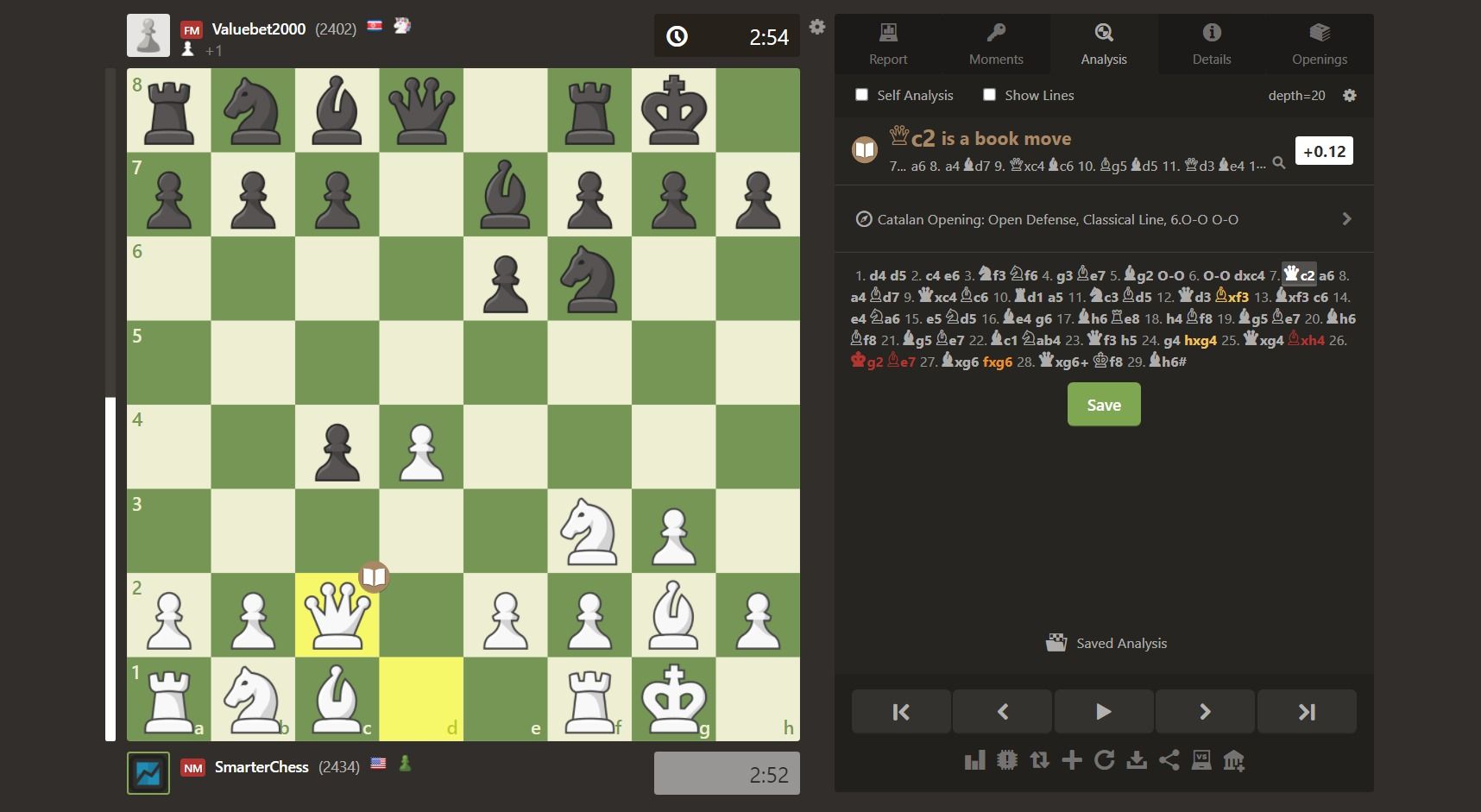
For all three areas, many players use the Lessons on Chess.com and work through them in order. Each lesson has learning modules followed by test positions., which helps you apply what you've learned. Thanks, Chess.com!
Let's start with openings. Everyone loves working on openings—and who can blame them? Each and every game has an opening phase, and it's fun to start out with an advantage. Openings and Book Moves will allow you to work through master-level games and see what lines you enjoy playing. If videos are your preferred method to learn, the Opening Videos are a nice complement to the Lessons. And, of course, you can always check the Opening Explorer to learn more about a specific opening.
Similar to the openings, strategy can be learned with the Strategy Videos. IM Kostya Kavutskiy has a recent series on candidate moves that I highly recommend. The Lessons tool has some really good courses as well.
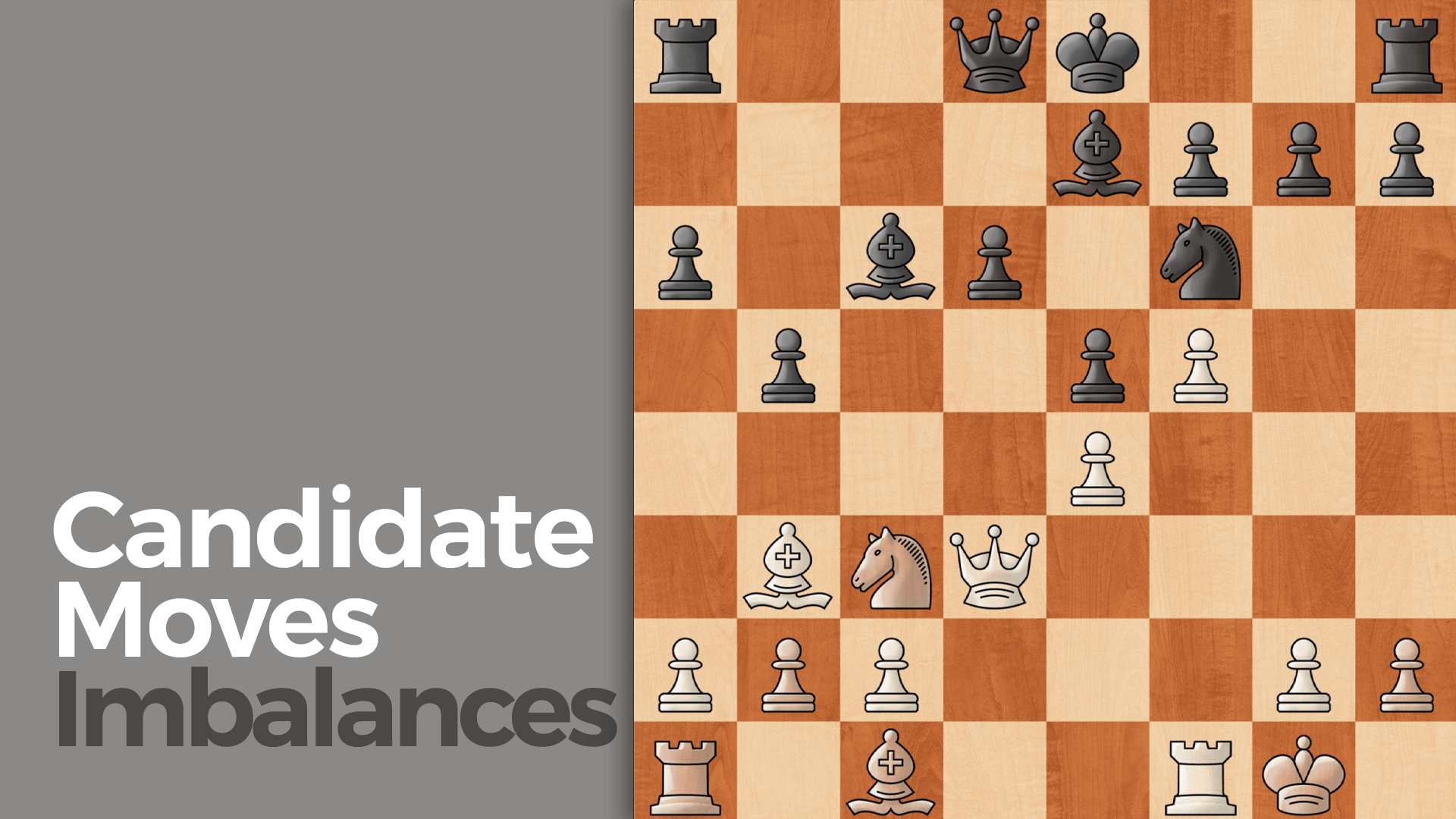
Last, but not least, is endgames! There are endgame videos and articles, but the best way to learn endgames is using Chess.com's Endgames page. This feature allows you to work through learning and applying endgame knowledge with numerous standard positions. As your endgame knowledge increases, you can practice those endgame positions. Learn and apply, that's the secret!
Conclusion
I've helped hundreds of players improve at chess with study plans. In my experience, these are the three biggest mistakes I see people making that deter them from improving, in order:
- Not having a plan. It is hard to stay focused and motivated without a plan in place.
- Studying too much. It sounds surprising, but a lot of players spend so much time studying that they don't practice playing games. When game time comes, the knowledge learned is not ready to be used on the board.
- Overemphasizing openings. Studying openings is helpful, but not at the cost of playing games, studying puzzles, and analyzing games. Think of studying openings as dessert to be consumed after the main course of delicious activities has been completed.
Now, for those of you who want to avoid these mistakes and are avid to improve your performance, be it online or offline, I have a treat! Below is a sample weekly activity plan to get you going in the right direction. You can check off each activity as you go, or adjust the plan according to your own goals:
- One classical game or three rapid games
- One hour per week of Daily chess or a classical game
- Two hours of blitz chess with an increment
- Analyze all games for takeaways
- 10 minutes of puzzle rush per day
- 45 minutes of calculation puzzles per week
- Rotate 45 minutes of endgames/openings/strategy each week
Have you improved your rating over the last few months? If so, what worked best for you? Let us know in the comments below!







